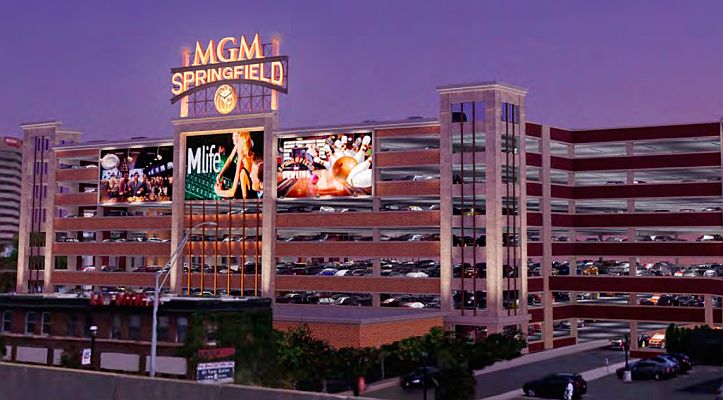A three-judge panel of the 2nd U.S. Circuit Court of Appeals heard arguments from MGM Resorts and the state of Connecticut on Monday. MGM contends that a Connecticut law advancing the Mohegan and Mashantucket Pequot tribe’s plans for a third casino in the state stymies MGM’s pursuit of gaming developments there.
Connecticut currently has two tribal casinos; Mohegan Sun and Foxwoods, a third possible casino would be the first commercial casino in the state. The tribes have formed a joint venture vehicle known as MMCT Venture in hopes of opening a casino to catch the money they fear would flee to MGM’s Springfield casino near the Connecticut, Massachusetts border.
MGM argued that the 2015 Connecticut law offers the tribes exclusive rights to build a third casino, while the state, represented by Assistant Attorney General Robert Deichert, argued that the law not only doesn’t give MMCT Venture exclusive rights, it doesn’t even guarantee that any commercial casino will ever be built. The law does not authorize a commercial casino, nor preclude a tribal casino on reservation lands.
The law authorized the tribe to form a partnership and to solicit bids from CT municipalities. Those requests for site proposals were posted on a state website. MGM lawyers agrued that they didn’t have access to such a vehicle so weren’t afforded “equal treatment”.
Judge Robert Sack noted that, “It’s a vague injury, not a real injury,” and that, “It’s a signal that the rule isn’t for you.”
To which MGM counsel, Kevin King responded, “It’s discrimination.”
In June 2016, U.S. District Judge Alvin Thompson granted the state’s motion to dismiss a lawsuit by MGM that asked for the law to be invalidated. MGM appealed the ruling resulting in Monday’s proceedings.
The tribes and state revenue officials fear that the $950 million MGM Springfield, slated to open in 2018, will siphon off business from the state’s two existing tribal casinos which contribute 25 percent of their slot profits to state coffers.
The justices didn’t give any indication of when they might rule on the case.



